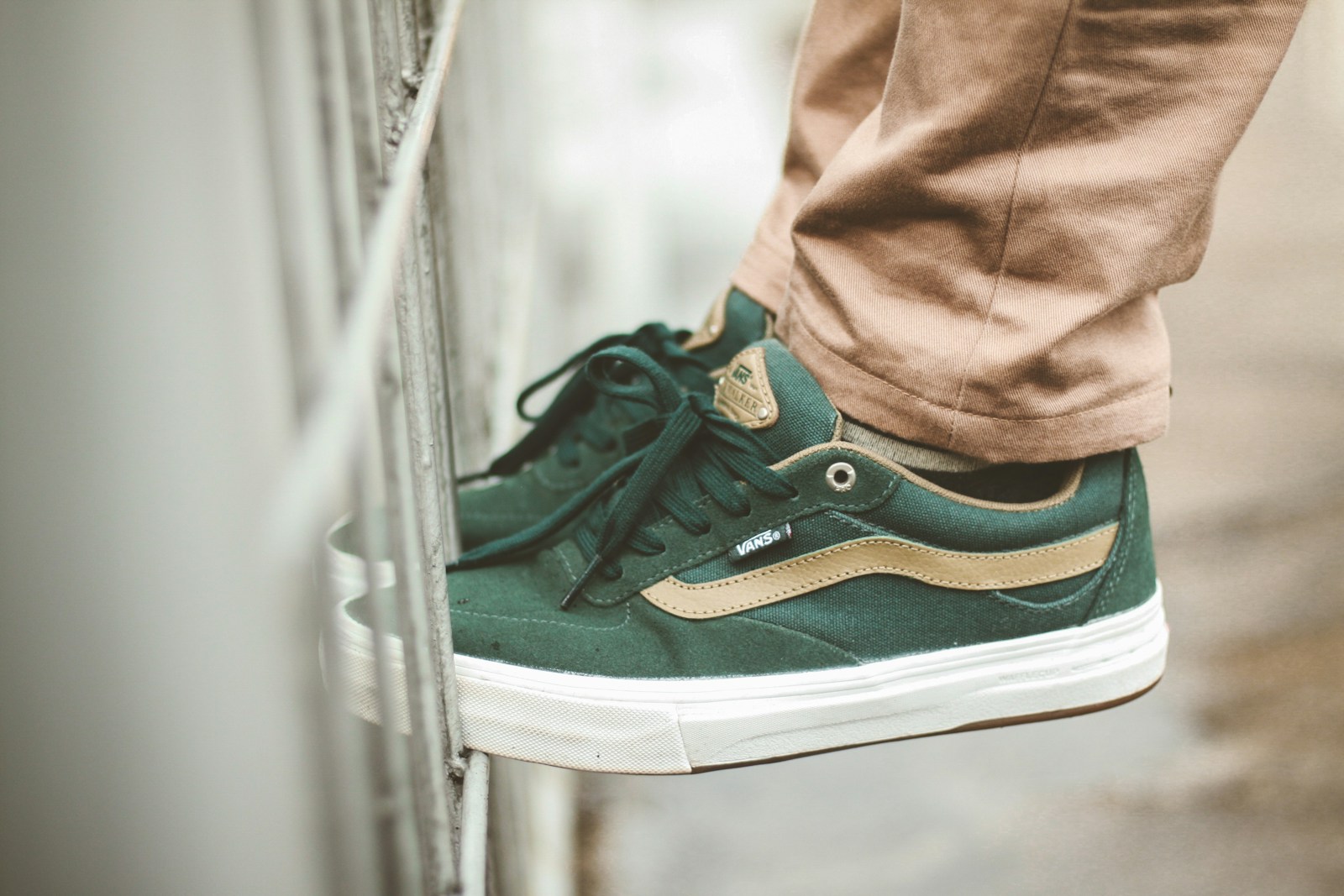
pantalones

pants
A piece of clothing covering the body from the waist to the ankles, with a separate part for each leg.
Example sentences using: pantalones
Jorge tiene muchos pantalones.

Jorge has many pants.
This phrase is saying Jorge owns a lot of pants. 'Tiene' is the present tense, third person form of the verb 'to have' in Spanish.
Mis pantalones preferidos son los azules.

My favorite pants are the blue ones.
This phrase translate to 'My preferred (favorite) pants are the blue ones.' The word 'preferidos' means preferred or favorite, and 'los azules' specifically refers to the blue ones.
¿Dónde están mis pantalones?

Where are my pants?
This is a common phrase questioned when someone can't find their pants— '¿Dónde están?' describes asking for the location are of something(ds)
No llevas pantalones.

You're not wearing pants.
In this sentence, 'No llevas' means 'you're not wearing'. It's notable to mention that 'llevas' also mean 'you carry on'
Hoy necesito pantalones más calientes.

Today I need warmer pants.
In this phrase, 'Hoy necesito' denotes 'Today I need'. The word 'más calientes' refers to 'warmer'.
Tus pantalones lucen muy bien.

Your pants look very good.
'Tus pantalones lucen muy bien' translates directly to 'your pants look very good', where 'lucen' is referred as 'look / appear'.
Voy a lavar mis pantalones.

I am going to wash my pants.
'Voy a lavar' translates to 'I am going to wash'. The phrase demonstrates closely questioning sentence denotes critiquing about clothes aspect.
Tu mamá plancha tus pantalones.

Your mom irons your pants.
The word 'plancha' serves as someone ironing, press something else.
Esta tienda vende pantalones.

This store sells pants.
This is typically phrase for descriptions/useful notification about certain shops/business functioning. 'Vende' directly canvases 'sells'
Los pantalones están en la maleta.

The pants are in the suitcase.
Here we learn several words. 'Están' notes about the position of the pants and 'maleta' translates to suitcase.